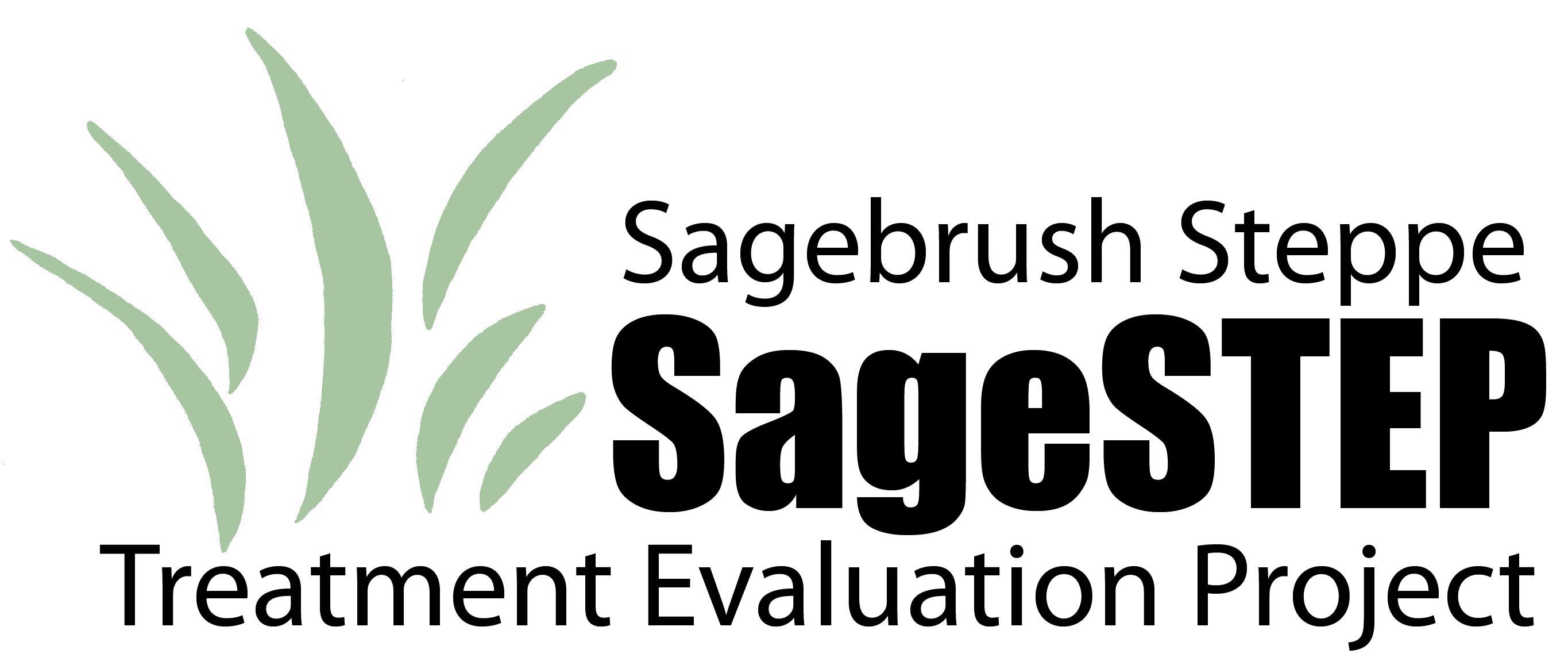Document Type
Article
Journal/Book Title/Conference
Environmental Economics
Volume
3
Issue
3
Publisher
LLC "CPC" Business Perspectives
Publication Date
2012
First Page
108
Last Page
121
Creative Commons License

This work is licensed under a Creative Commons Attribution 4.0 License.
Abstract
How do we balance risks? This paper assesses hypotheses derived from instrumental rationality and risk society theories about the reasoning strategies that people will use to develop views supportive or oppositional to the use of herbicides to manage cheatgrass (Bromus tectorum), an invasive weed. Cheatgrass is well-known in the population of the American West to increase wildfire risks substantially and to harm the environment in other ways. But are the cures worse than the disease? One demonstrably effective method of cheatgrass suppression is the use of herbicides, and the paper explores sources of support for and opposition to the use of herbicides for this purpose. The data are from a representative sample of residents of Nevada, one of the states greatly at risk from cheatgrass (N = 532). Attitude and cultural practice clusterings are assessed using factor analysis. Direct and indirect effects of demographic and back-ground variables and cultural practices on support for/opposition to herbicide use are assessed via structural equation models. Results show that there is more support for the instrumental rationality hypothesis, but that the risk society hypothesis is also needed to account for all the findings.
Recommended Citation
Evans, M.D.R., and K. Rollins. 2012. The frying pan or the fire: public attitudes about using herbicides to manage invasive weeds. Environmental Economics 3(3):108-121.



